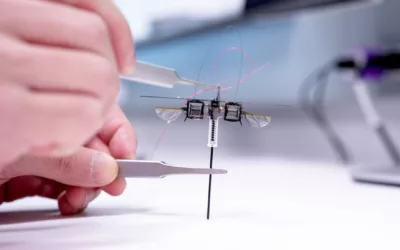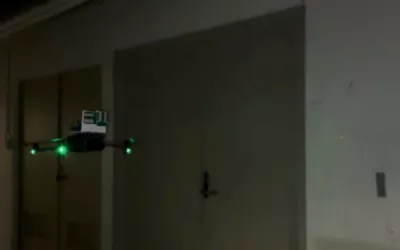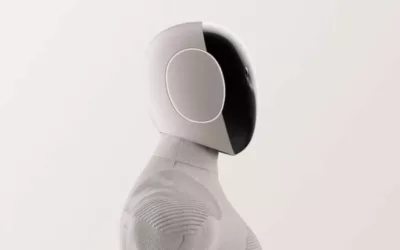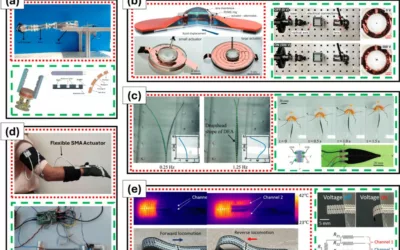Humans are natural learners, often drawing inspiration from their surroundings and imitating those around them. This inherent ability to learn and adapt has led researchers at Carnegie Mellon University and Meta AI to research — teaching robots to acquire skills and handle various tasks. The RoboAgent project is an artificial intelligence agent designed to imbue robots with the capability to learn multiple skills, similar to how infants observe and imitate to acquire new abilities.
RoboAgent’s Learning Approach
Drawing inspiration from the way infants learn, the research team introduced the RoboAgent, an AI agent developed to grasp manipulation skills akin to a 3-year-old child. Unlike conventional robots that are specialized for specific tasks, RoboAgent is designed to exhibit a wide range of skills across diverse scenarios. This approach is aligned with human learning patterns, harnessing both passive observations and limited active play to facilitate learning. RoboAgent mimics the learning process of a human child, leveraging a combination of observation and experimentation.
Unveiling the Milestone
RoboAgent marks a step towards creating adaptable and efficient robotic agents. The agent is reportedly capable of mastering 12 manipulation skills, showcasing its potential to handle varying scenes and environments. What sets this research apart is its real-world applicability, as the team demonstrated RoboAgent’s capabilities in actual environments, rather than relying on simulations.
Learning Paradigm
RoboAgent’s learning paradigm is a mix of self-experiences and passive observations from internet data. Researchers guided the robot through tasks, analogous to how parents guide their children. The agent’s policy architecture enables reasoning with limited experiences. This architecture facilitates decision-making based on temporal chunks of movements, enhancing the agent’s efficiency.
Leveraging Internet Data
RoboAgent’s uniqueness stems from its ability to learn from internet videos, mirroring how infants passively observe their surroundings to gain knowledge. By analyzing these videos, RoboAgent extracts insights about human-object interactions and various skills necessary for task completion. Observing similar skills in different scenarios equips the agent with a toolkit to tackle unfamiliar tasks and environments effectively.
Applications
By allowing robots to learn and adapt in unstructured settings, such as homes, hospitals, and public spaces, the agent holds the promise of enhancing the usefulness of robots in real-world scenarios. The ability to learn from limited in-domain data while relying on abundant online resources positions RoboAgent as a step forward in creating adaptable robotic agents.
Open-Source
They have made their trained models, codebase, hardware drivers, and a comprehensive dataset accessible as open-source resources.
This research aligns with the evolving landscape of self-learning robots and offers a glimpse into a future where robots become versatile companions in our daily lives.








